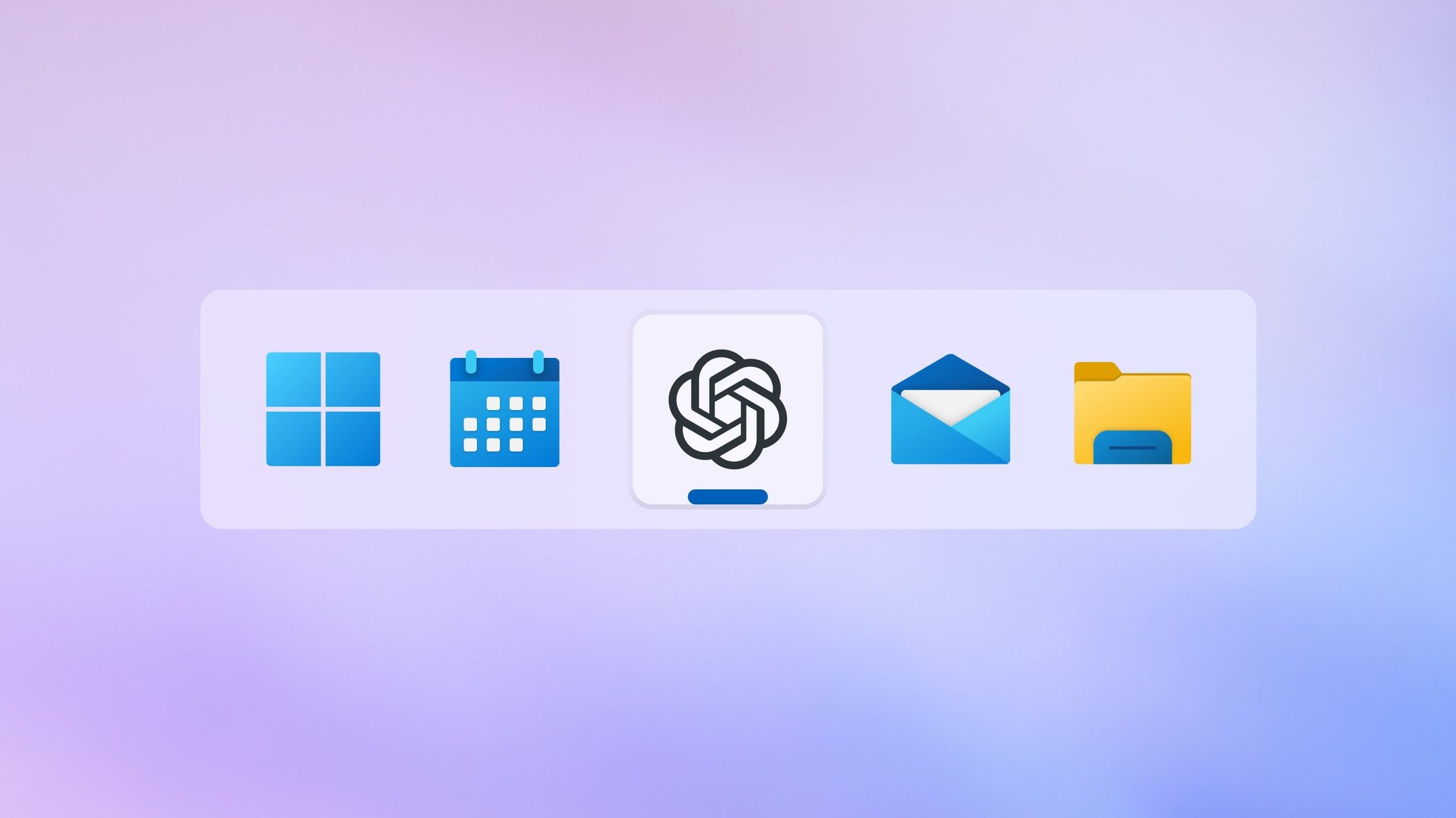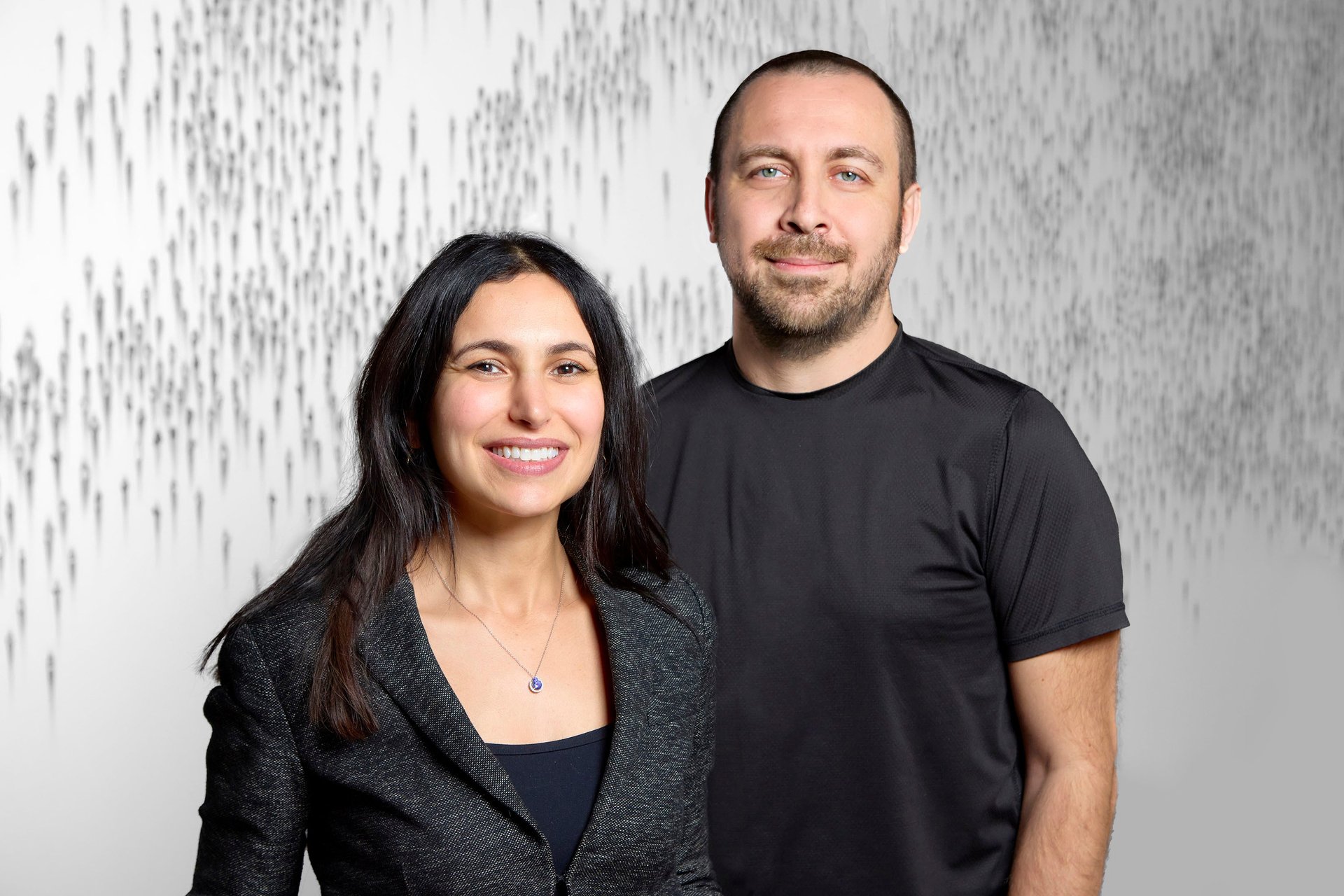ChatGPT for desktop, DeepL's voice translator, and startups get millions: This week's AI launches
AI-focused startups Writer, 11x, and Accelsius all announced millions in funding this week

Each week, Quartz rounds up product launches, updates, and funding news from artificial intelligence-focused startups and companies.
Here’s what’s going on this week in the ever-evolving AI industry.
2 / 6
ChatGPT’s Windows and macOS updates

OpenAI made its ChatGPT desktop app for Windows available to all users this week, including those using the app for free. Windows 10 and 11 users can ask the ChatGPT app questions, use it to search the web, share screenshots, and upload multiple files and photos. ChatGPT’s Advanced Voice feature is also accessible for users to talk in real-time with the AI chatbot.
The ChatGPT desktop app for macOS, in early beta, is starting to work with developer tools such as VS Code, Xcode, Terminal, and iTerm 2, the startup said. OpenAI plans to add more desktop apps. The update is available to ChatGPT Plus and Team users, and will roll out to Enterprise and Edu users in the future.
Instead of pasting code into the AI chatbot, users can manually connect their IDE or terminal to the app, allowing it to look at the content and provide faster answers with more context, OpenAI said.
3 / 6
DeepL’s AI voice translator

AI translation startup DeepL announced DeepL Voice this week, an AI-powered voice translator that can work in real time. The voice translator has two models: Voice for Meetings and Voice for Conversations.
Voice for Meetings provides real-time translation in virtual meetings, while Voice for Conversations supports in-person, one-on-one translations. Voice is powered by AI models trained on data sets that include different accents and environments.
The startup’s next-generation language model outperforms Google Translate, OpenAI’s GPT-4, and Microsoft in translation quality, it said.
4 / 6
Writer’s $200 million Series C for enterprise AI

Writer, a generative AI startup developing AI agents for enterprises, announced a $200 million Series C funding round this week, valuing the company at $1.9 billion. The round was co-led by Premji Invest, Radical Ventures, and ICONIQ Growth. Salesforce Ventures (CRM), Citi Ventures (C), and IBM Ventures (IBM) were also among the participants in the round.
The startup’s state-of-the-art family of large language models (LLMs), Palmyra, power its suite of AI solutions for enterprises. The funding will support the development of Writer’s AI tools, as well as “rapid expansion” of its quick-start AI applications and agents for healthcare, retail, and financial services companies.
“At Writer, we’re not just creating LLMs that can execute tasks but developing advanced AI systems that deliver mission-critical enterprise work,” Writer co-founder and chief executive May Habib, said in a statement. “With this new funding, we’re laser focused on delivering the next generation of autonomous AI solutions that are secure, reliable, and adaptable in highly complex, real-world enterprise scenarios.”
5 / 6
AI ‘digital workers’ platform 11x’s $50 million Series B

11x, a startup developing AI-powered “digital workers,” announced a $50 million Series B funding round this week that was led by Andreessen Horowitz.
The startup’s “digital workers” autonomously perform tasks for traditional revenue teams, according to the company. 11x plans to release other AI agents for revenue growth this year.
“We’re seeking bold innovators ready to shape the future of AI,” 11x co-founder and chief executive Hasan Sukkar said in a statement. “Each new digital worker will replace the work of 11 full-time employees, managing an even broader range of GTM [go-to-market] tasks from lead management to pipeline analytics.”
6 / 6
Accelsius’s $24 million Series A funding for data center cooling

Accelsius, a startup developing efficient data center cooling systems, announced a $24 million Series A funding round this week. The startup has a proprietary two-phase, direct-to-chip liquid system for data centers handling high-performance computing.
The funding, which was privately raised by Innventure, will go toward Accelsius’s international expansion and growing its teams. Innventure, a technology commercialization platform, founded Accelsius in June 2022.
“This investment is a testament to our team’s intense focus on operational innovation and technological ingenuity,” Accelsius chief executive Josh Claman said in a statement. “We believe that with AI’s rapid growth, we all must aim to make the surrounding infrastructure as efficient as possible. Liquid cooling is the future of data center cooling, and Accelsius is positioned to lead that future.”
Compared to conventional data center cooling methods, the startup’s NeuCool system is estimated to reduce energy use by 50%, and can deliver ten times rack power density while eliminating water consumption, it said.